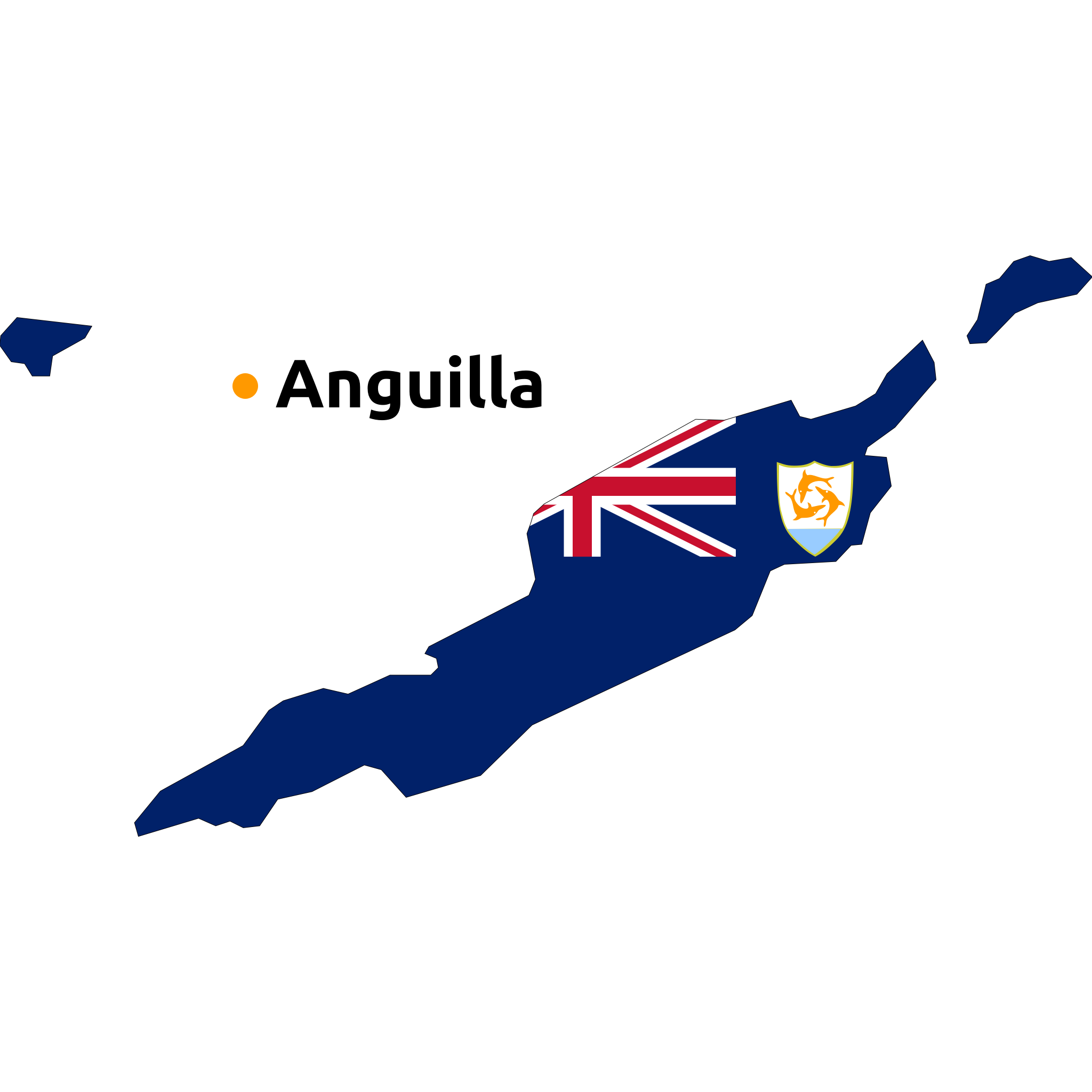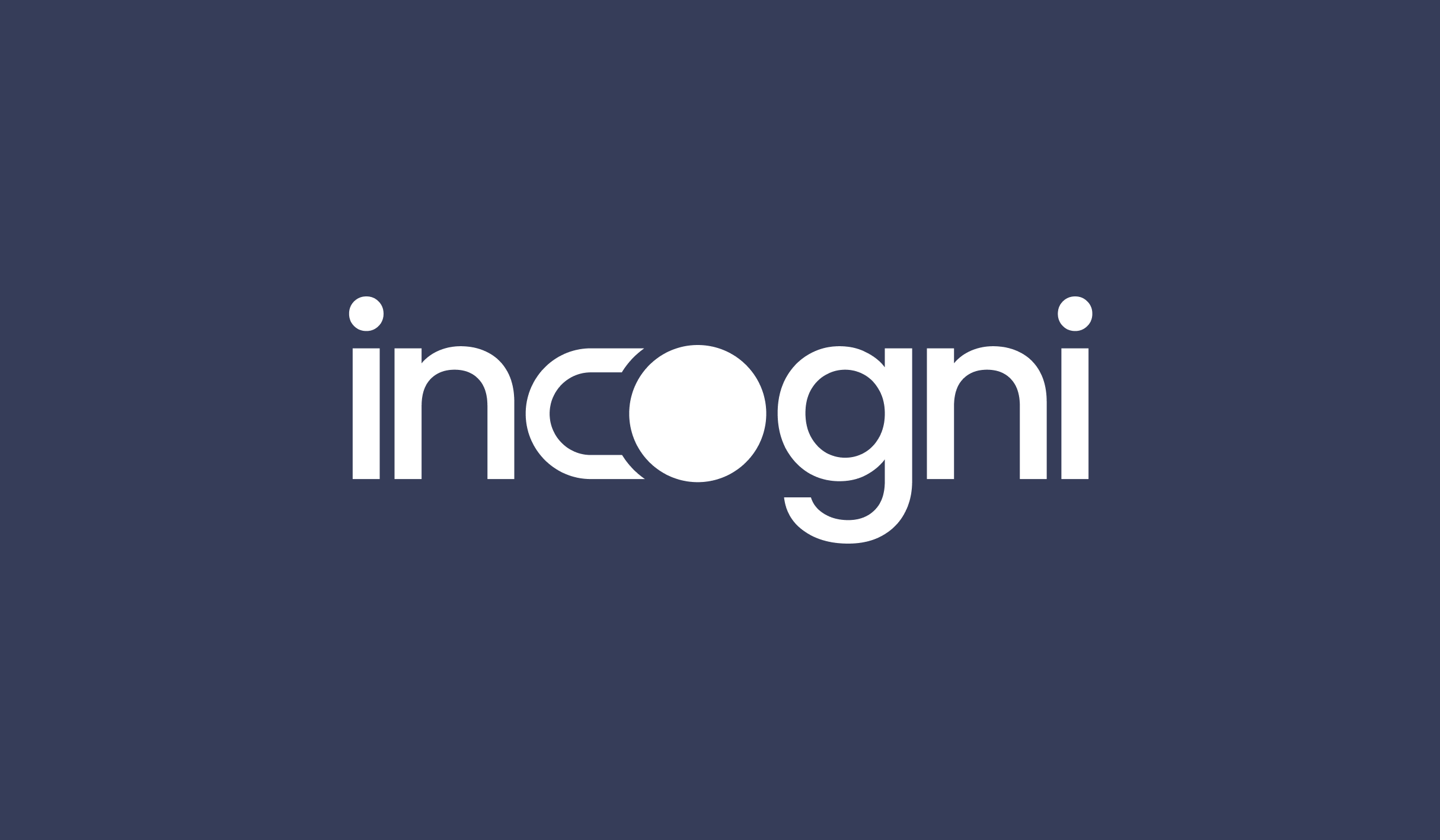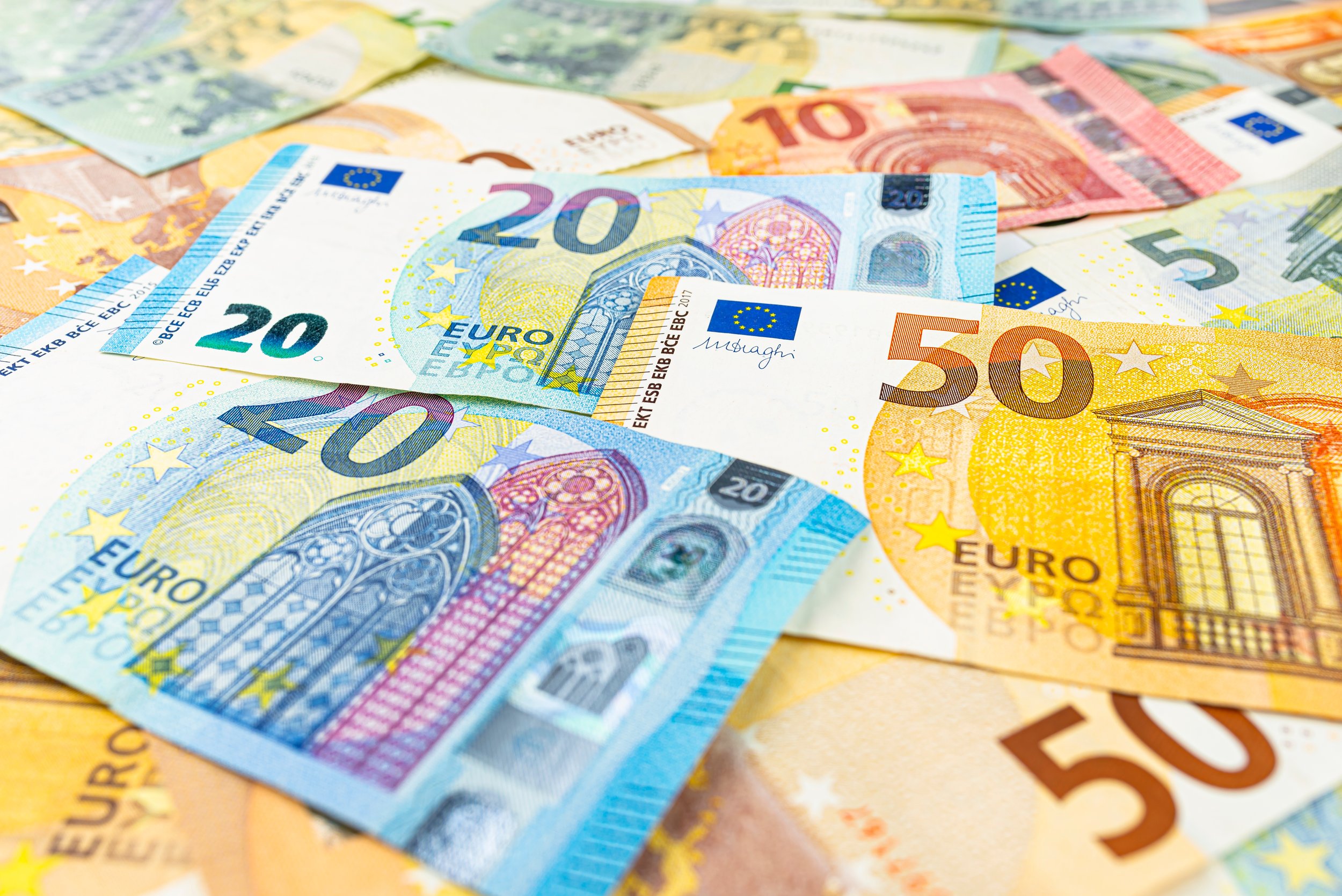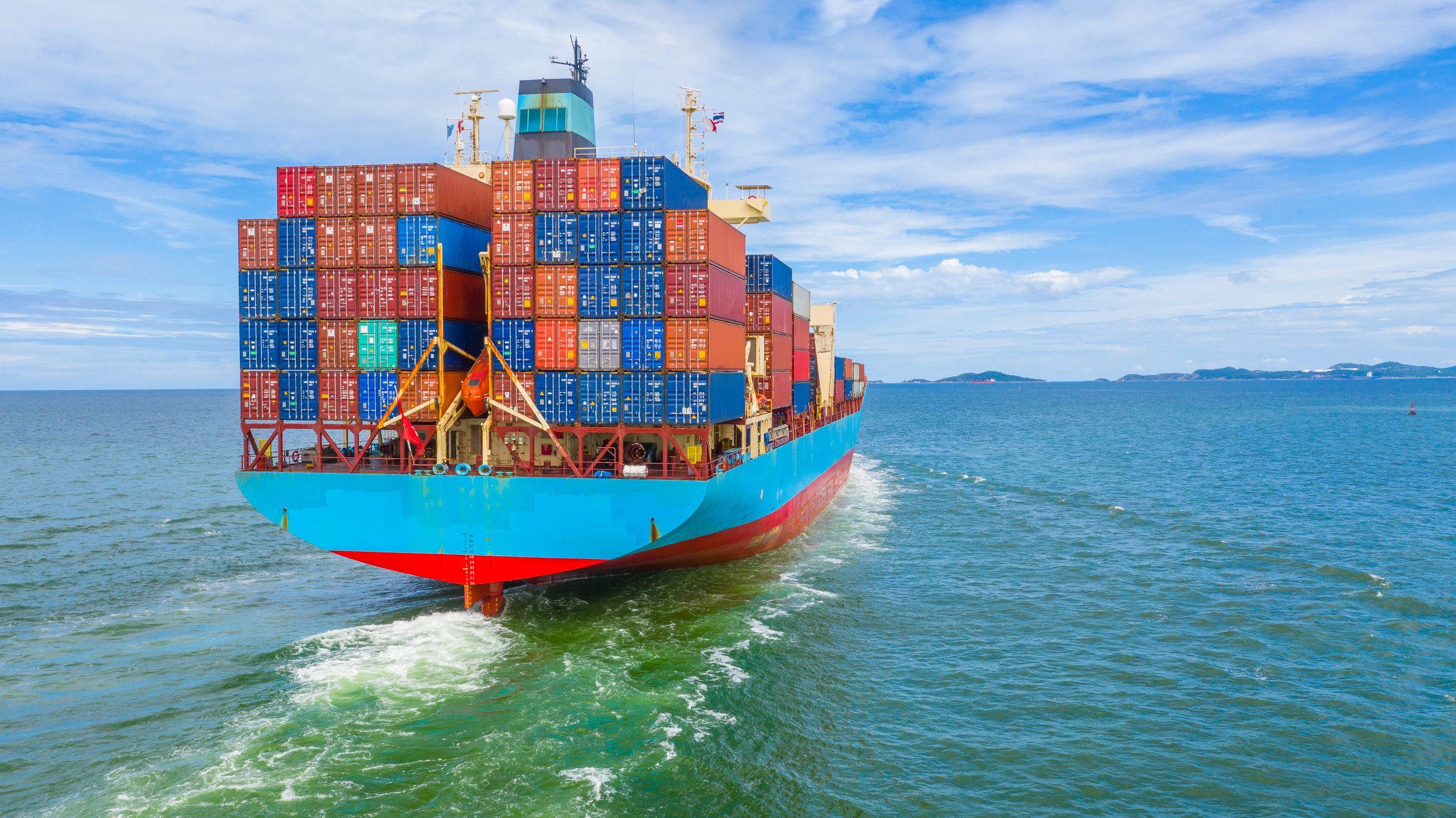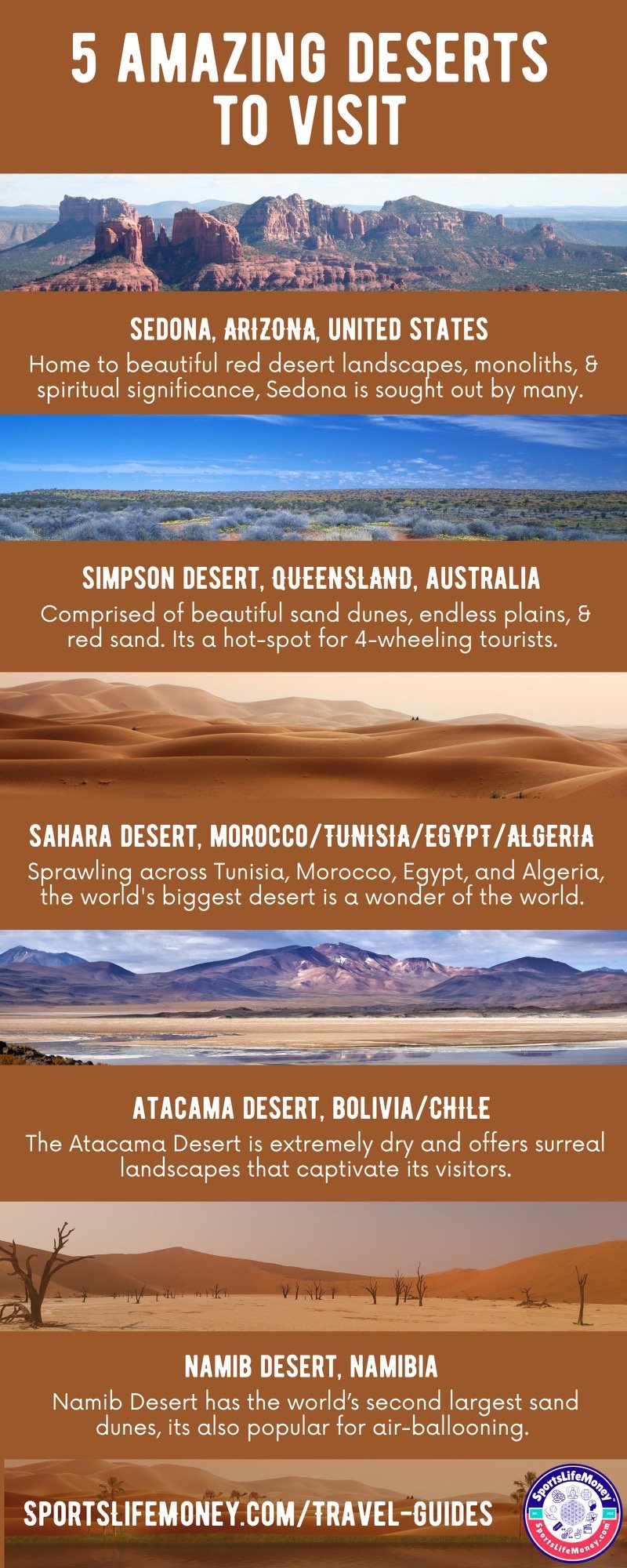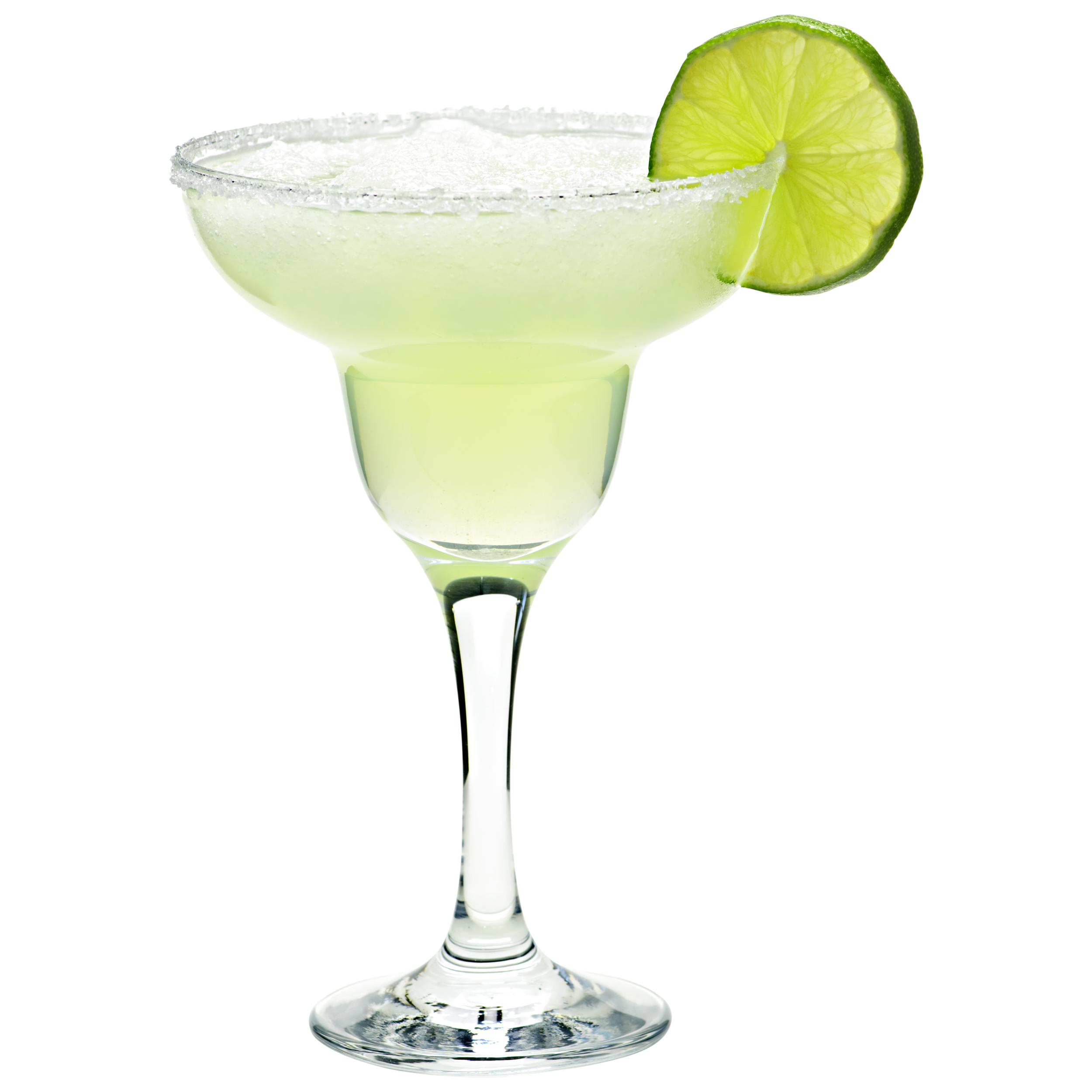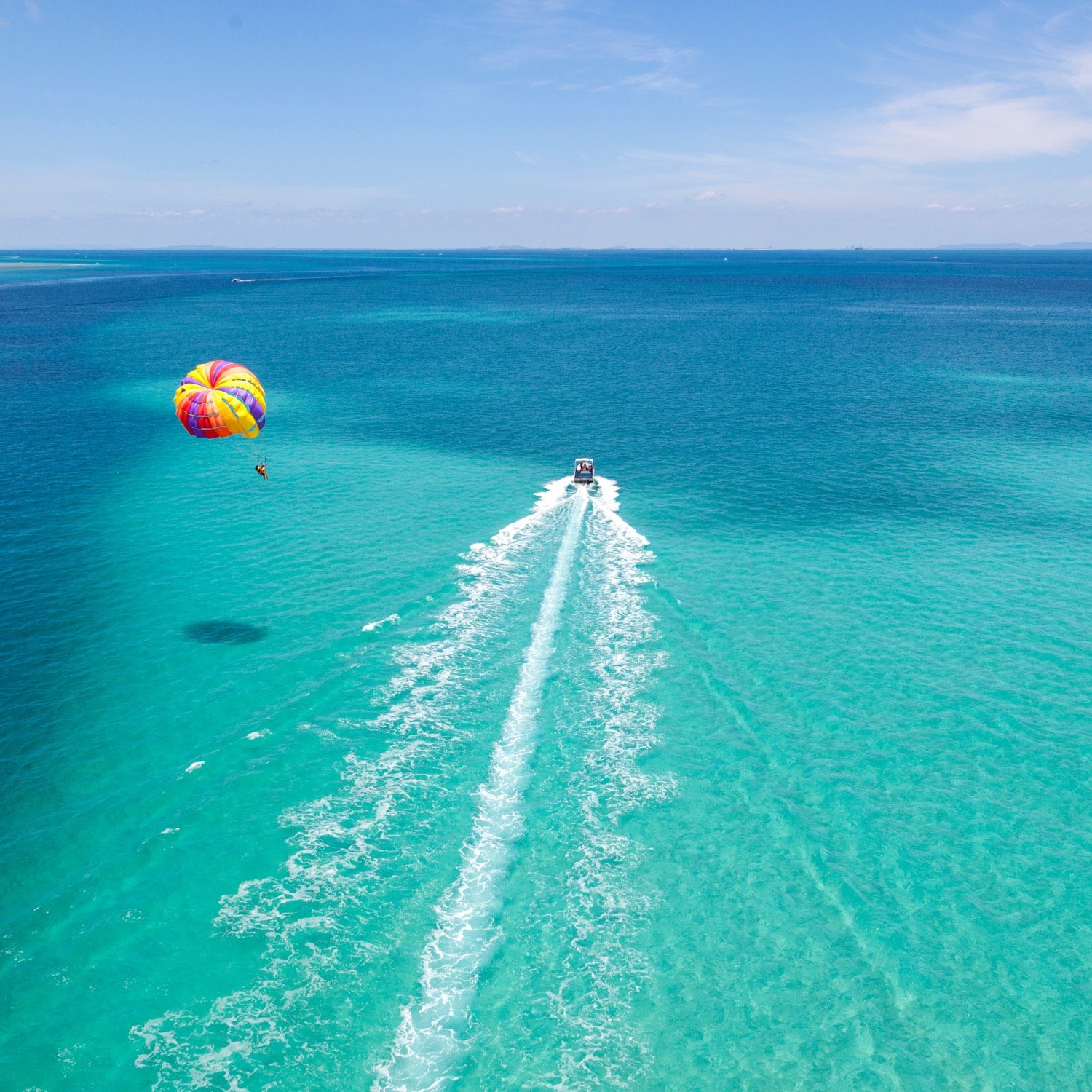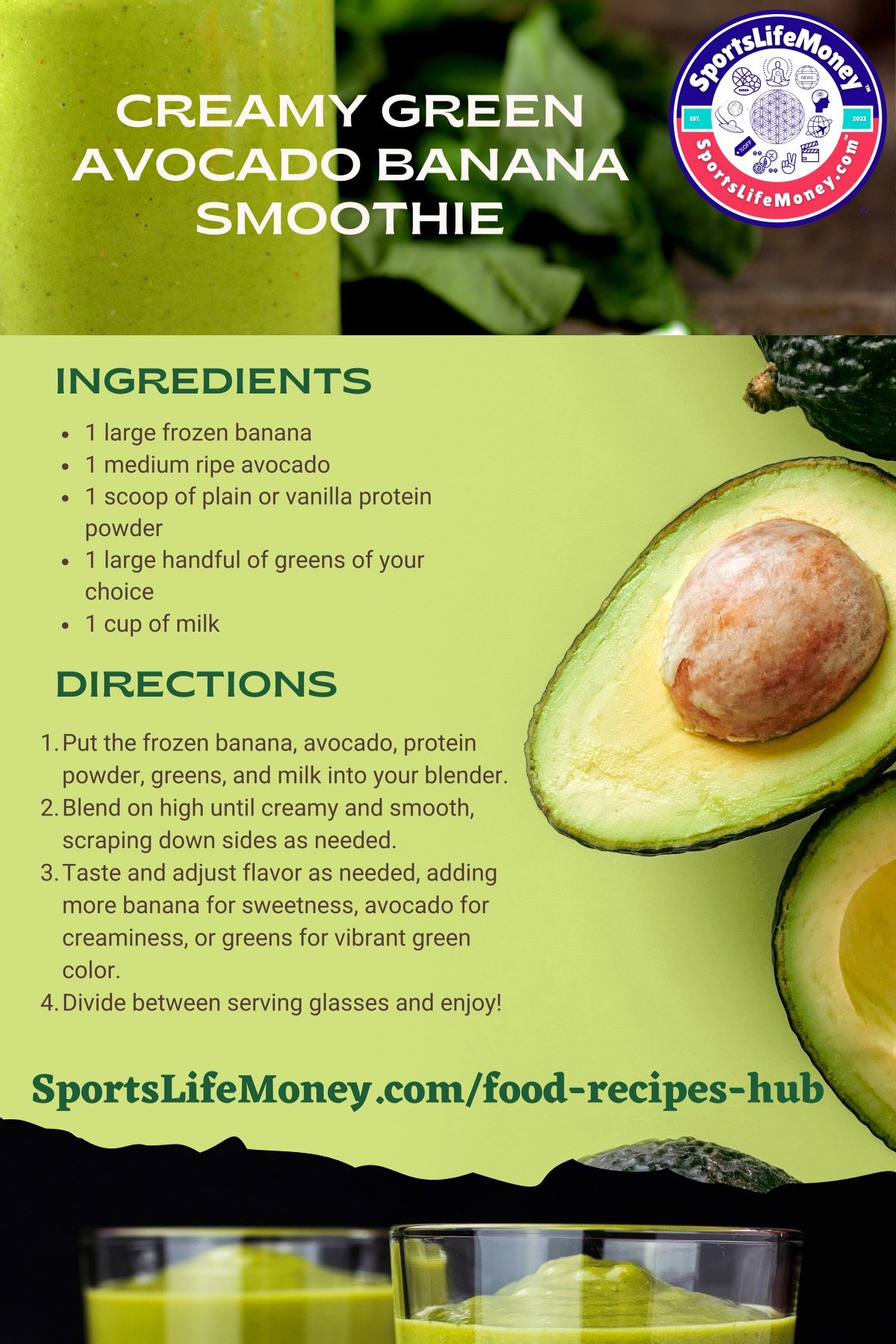Country Summary: Cabo Verde (Republic of Cabo Verde)

Country Name: Cabo Verde (Republic of Cabo Verde)
Capital: Praia
Official Visa & Travel Information: Government of Cabo Verde: Ministry of Tourism & Transportation (Visa Services)
Government Type: parliamentary republic
Background: The uninhabited islands were discovered and colonized by the Portuguese in the 15th century; Cabo Verde subsequently became a trading center for African slaves and later an important coaling and resupply stop for whaling and transatlantic shipping. The fusing of European and various African cultural traditions is reflected in Cabo Verde’s Crioulo language, music, and pano textiles. Following independence in 1975, and a tentative interest in unification with Guinea-Bissau, a one-party system was established and maintained until multi-party elections were held in 1990. Cabo Verde continues to sustain one of Africa's most stable democratic governments and relatively stable economies, maintaining a currency formerly pegged to the Portuguese escudo and then the euro since 1998. Repeated droughts during the second half of the 20th century caused significant hardship and prompted heavy emigration. As a result, Cabo Verde's expatriate population - concentrated in Boston and Western Europe - is greater than its domestic one.
Most Cabo Verdeans have both African and Portuguese antecedents. Cabo Verde’s population descends from its first permanent inhabitants in the late 15th-century – a preponderance of West African slaves, a small share of Portuguese colonists, and even fewer Italians and Spaniards. Among the nine inhabited islands, population distribution is variable. Islands in the east are very dry and are home to the country's growing tourism industry. The more western islands receive more precipitation and support larger populations, but agriculture and livestock grazing have damaged their soil fertility and vegetation. For centuries, the country’s overall population size has fluctuated significantly, as recurring periods of famine and epidemics have caused high death tolls and emigration. In November 2021, Jose Maria Pereira NEVES was sworn in as Cabo Verde's latest president.The uninhabited islands were discovered and colonized by the Portuguese in the 15th century; Cabo Verde subsequently became a trading center for African slaves and later an important coaling and resupply stop for whaling and transatlantic shipping. The fusing of European and various African cultural traditions is reflected in Cabo Verde’s Crioulo language, music, and pano textiles. Following independence in 1975, and a tentative interest in unification with Guinea-Bissau, a one-party system was established and maintained until multi-party elections were held in 1990. Cabo Verde continues to sustain one of Africa's most stable democratic governments and relatively stable economies, maintaining a currency formerly pegged to the Portuguese escudo and then the euro since 1998. Repeated droughts during the second half of the 20th century caused significant hardship and prompted heavy emigration. As a result, Cabo Verde's expatriate population - concentrated in Boston and Western Europe - is greater than its domestic one.
Most Cabo Verdeans have both African and Portuguese antecedents. Cabo Verde’s population descends from its first permanent inhabitants in the late 15th-century – a preponderance of West African slaves, a small share of Portuguese colonists, and even fewer Italians and Spaniards. Among the nine inhabited islands, population distribution is variable. Islands in the east are very dry and are home to the country's growing tourism industry. The more western islands receive more precipitation and support larger populations, but agriculture and livestock grazing have damaged their soil fertility and vegetation. For centuries, the country’s overall population size has fluctuated significantly, as recurring periods of famine and epidemics have caused high death tolls and emigration. In November 2021, Jose Maria Pereira NEVES was sworn in as Cabo Verde's latest president.
Region: Atlantic Ocean
Population: 603,901 (2023 est.)
Ethnic Groups: Creole (Mulatto) 71%, African 28%, European 1%
Languages: Portuguese (official), Crioulo (a Portuguese-based Creole language with two main dialects spoken in Cabo Verde and in the Cabo Verdean diaspora worldwide)
Religions: Roman Catholic 72.5%, Protestant 4% (includes Adventist 1.9%, Nazarene 1.8%, Assembly of God 0.2%, God is Love 0.1%), Christian Rationalism 1.7%, Muslim 1.3%, Jehovah's Witness 1.2%, Church of Jesus Christ 1%, other Christian 1.3%, other 1.2%, none 15.6%, no response 0.4% (2021 est.)
Economic Overview: tourism-dominated economy benefits from the country’s relative close proximity to Europe; 2009 Financial Crisis halted economic growth for seven years; leveraging export-based growth; COVID-19 decimated economic growth and recovery; high external debt
Currency: Cabo Verdean Escudo (CVE)
Reserves of Foreign Exchange & Gold: $704.63 million (2022 est.) note: holdings of gold (year-end prices)/foreign exchange/special drawing rights in current dollars
Real GDP (Purchasing Power Parity): $4.377 billion (2022 est.) note: data in 2017 dollars
Real GDP Growth Rate: 17.12% (2022 est.) note: annual GDP % growth based on constant local currency
Real GDP per Capita: $7,400 (2022 est.) note: data in 2017 dollars
Exports:
$855.067 million (2022 est.) note: balance of payments - exports of goods and services in current dollars
Comparison Ranking: 184
Export Commodities: tuna, mackerel, aircraft, other processed and frozen fish, postage stamps and title bond paper documents, mollusks (2021)
Export Partners: Spain 65%, Portugal 14%, Italy 8% (2019)
Imports:
$1.301 billion (2022 est.) note: balance of payments - imports of goods and services in current dollars
Comparison Ranking: 186
Import Commodities: refined petroleum, delivery trucks, coal tar oil, cars, rice (2019)
Import Partners: Portugal 36%, Netherlands 16%, Spain 11%, China 6% (2019)
Natural Resources: salt, basalt rock, limestone, kaolin, fish, clay, gypsum
Agricultural Products: sugar cane, tomatoes, bananas, cabbages, coconuts, cassava, pulses, vegetables, milk, goat milk
Industries: food and beverages, fish processing, shoes and garments, salt mining, ship repair
Industrial Production Growth Rate:
7.55% (2022 est.) note: annual % change in industrial value added based on constant local currency
Comparison Ranking: 33
Labor Force: 252,000 (2022 est.)
Unemployment Rate: 12.44% (2022 est.) note: % of labor force seeking employment
Natural Hazards: prolonged droughts; seasonal harmattan wind produces obscuring dust; volcanically and seismically active; volcanism: Fogo (2,829 m), which last erupted in 1995, is Cabo Verde's only active volcano
Geography:
Total: 4,033 sq km
Land: 4,033 sq km
Water: 0 sq km
(Country Summary, The World Factbook, CIA.gov)
LEGAL, FINANCIAL, & TAX ADVICE DISCLAIMER: The information on SportsLifeMoney’s™ (“SLM”) websites, podcast network, videos, social media accounts, and other platforms (collectively, “SLM Platforms”) is strictly and solely provided for educational and informational purposes only. All of the information and materials on the aforementioned SLM Platforms do not constitute and are not intended to provide legal, financial, accounting, or tax advice, and should not be relied on in that respect. SLM recommends that you consult with an attorney, certified financial advisor, or licensed accountant to answer any legal, financial, or tax questions you may have. SLM also recommends that you consult with an attorney, certified financial advisor, or licensed accountant before making any legal, financial, or tax-related decisions based on content and/or subject matter included and/or discussed on any of the SLM Platforms. Before you act or rely on any information you have heard, read, viewed, and/or listened to on any of the SLM Platforms or communication mediums, SLM recommends that you confirm any and all facts that are important to your decision and that you subsequently consult with an appropriate professional (e.g., attorney, certified financial advisor, certified accountant, etc.) and have them review these facts and also confirm their validity. CAUTION: IF YOU RELY ON ANY INFORMATION, CONTENT, PRODUCT, OR SERVICE FROM ANY OF THE SLM PLATFORMS, YOU DO SO AT YOUR OWN RISK. YOU UNDERSTAND THAT YOU ARE SOLELY RESPONSIBLE FOR ANY AND ALL DAMAGES OR LOSS THAT YOU MAY INCUR THAT RESULTS FROM YOUR USE AND/OR RELIANCE OF ANY OF THE SLM PLATFORMS OR ANY OF THE CONTENT OR MATERIAL OTHERWISE PROVIDED ON ANY OF THESE SLM PLATFORMS. SLM AND ANY AND ALL OF ITS AFFILIATES MAKE NO IMPLIED OR EXPRESS REPRESENTATIONS OR IMPLIED OR EXPRESS WARRANTIES OF ANY KIND REGARDING ANY AND ALL INFORMATION ON ANY OF THE SLM PLATFORMS OR SLM’S AFFILIATE PLATFORMS. SLM AND ITS AFFILIATES WILL NOT BE HELD LIABLE FOR ANY DAMAGES. By continuing to use any of the SLM Platforms, you acknowledge and agree to the aforementioned terms and conditions of this disclaimer and any and all other legally binding terms and conditions set forth in SLM’s Privacy Policy, Terms & Conditions, and other legally binding agreements.











